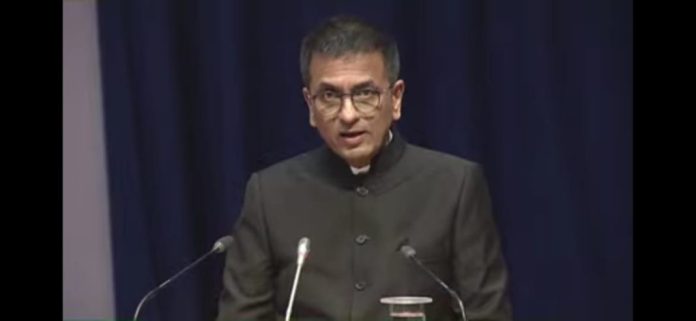Chief Justice of India D.Y. Chandrachud has said that past political connections did not necessarily disqualify individuals from becoming judges as the process of judicial appointments involved multiple levels of scrutiny and feedback from various entities, including investigative agencies.
Speaking during a recent event hosted by the Harvard Law School Center on the Legal Profession, the CJI said the reasons leading the Supreme Court Collegium to appoint or not appoint a particular judge had to do with several aspects of the personality of an individual.
He said the grave danger was that if the Collegium started putting out everything that went into the process of appointing judges into the public realm, there was a grave danger that good people would not be willing to accept judicial office.
He said the scrutiny was sometimes extremely trenchant because people recruited as judges had to be in the position for the next 15-20 years. The level of scrutiny, including into the personal lives of individuals, which would have a bearing on their discharge of judicial duties, was extremely careful.
Answering a question related to specific concerns raised about the appointment of Justice Gowri to the Madras High Court, the CJI rejected the claim that the Supreme Court did not consider the issue at all.
He said legal professionals often handled cases representing diverse political views, which should not later be held against them when considering them for judgeship.
An individual cannot be disabled from becoming a judge just by virtue of the fact that they have at a certain point of time appeared for a political cause, noted the CJI.
He said lawyers across their careers appeared for a cross-section of clients. They did not choose their clients. In fact, a lawyer was duty-bound to appear for whoever came to him/her in search of legal aid, much as a doctor has to administer medical aid to whoever came to their clinic.
Lawyers cannot presume the guilt or the lack of guilt of people coming to them, he added.


